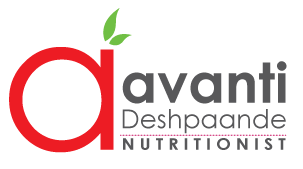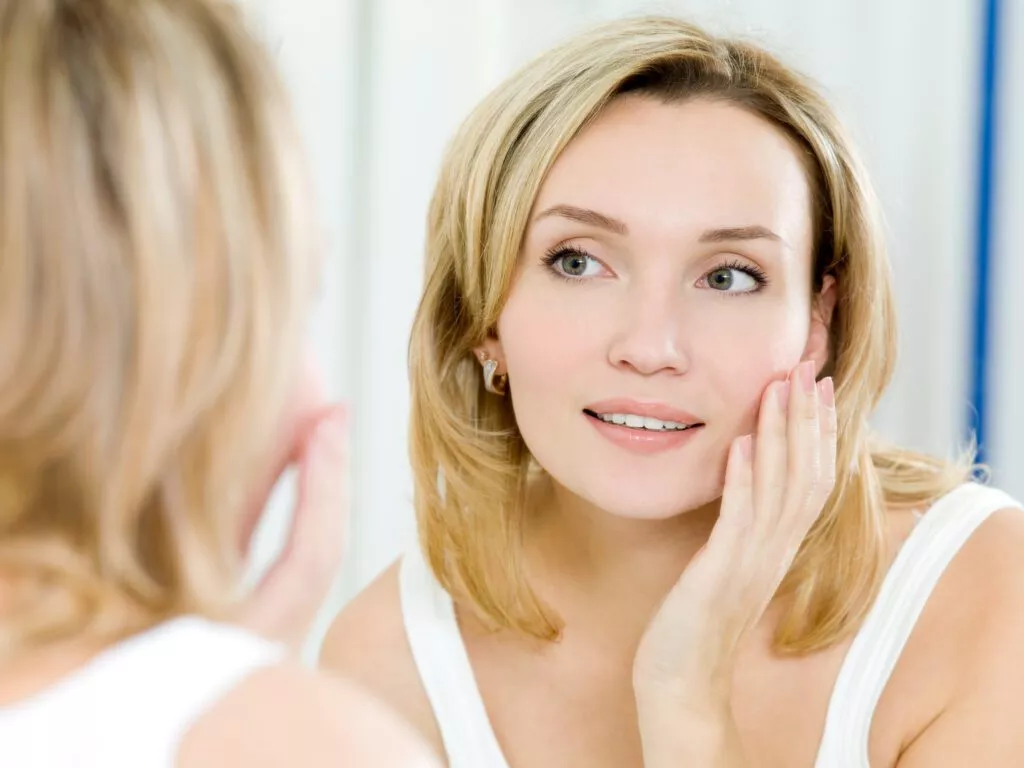Achieving radiant and healthy skin involves a holistic approach that combines a well-balanced diet, proper skin care, and targeted supplementation. Today’s episode is about something we all want- beautiful, happy skin. Every one of us wants that radiant glow, but sometimes, we might wonder if we need a bunch of supplements or if we can get all the goodness from the food we eat. Well, today, we’re going to unravel the mystery. Imagine this video as a friendly guide to understanding how what you eat can give your skin that extra boost. We will be talking about collagen, vitamins, and all sorts of exciting stuff. We will also explore whether obtaining these nutrients through supplements or diet is more beneficial and how the health of our gut plays a pivotal role in maximizing their availability. Yes, your gut is like a superhero for your skin’s happiness!!
References:
https://www.ncbi.nlm.nih.gov/pmc/articles/PMC10376324/
https://www.ncbi.nlm.nih.gov/pmc/articles/PMC3162377/
https://www.ncbi.nlm.nih.gov/pmc/articles/PMC4684116/
https://www.medicalnewstoday.com/articles/324863
https://www.ncbi.nlm.nih.gov/pmc/articles/PMC6327911/
https://www.hsph.harvard.edu/nutritionsource/niacin-vitamin-b3/
https://www.frontiersin.org/articles/10.3389/fnut.2021.610382/full
https://www.ncbi.nlm.nih.gov/pmc/articles/PMC2699641/
https://www.ncbi.nlm.nih.gov/pmc/articles/PMC4633208/
Follow on Instagram to stay updated with my healthy plates!

Here are some other Blogs that you should check

Foods to increase the breast milk
Breastfeeding is an extremely crucial period for both mother and baby. It provides the baby with essential nutrients and antibodies while helping the mother bond

How to improve Hemoglobin during Pregnancy
Pregnancy is a time of profound change in a woman’s body, with various physiological adjustments necessary to support the growing fetus. One crucial aspect of

Top 10 Mistakes in Weight Loss and Intermittent Fasting.
There is a lot of talk about Intermittent fasting these days. Intermittent fasting has become a popular and effective strategy for many people aiming to

How to Balance Hormones for Weight loss
When it comes to weight loss, most people often focus on diet and exercise. They meticulously count calories, track macros, and spend hours at the

Difference between PCOS & PCOD
Polycystic Ovarian Syndrome (PCOS) and Polycystic Ovary Disease (PCOD) are two terms often used interchangeably, but they represent distinct conditions with unique characteristics. While they

Role of Antioxidants in Gut Health
In our body’s complex system, the gut plays a central role in orchestrating various functions essential for overall health. Recent breakthroughs in scientific research have

